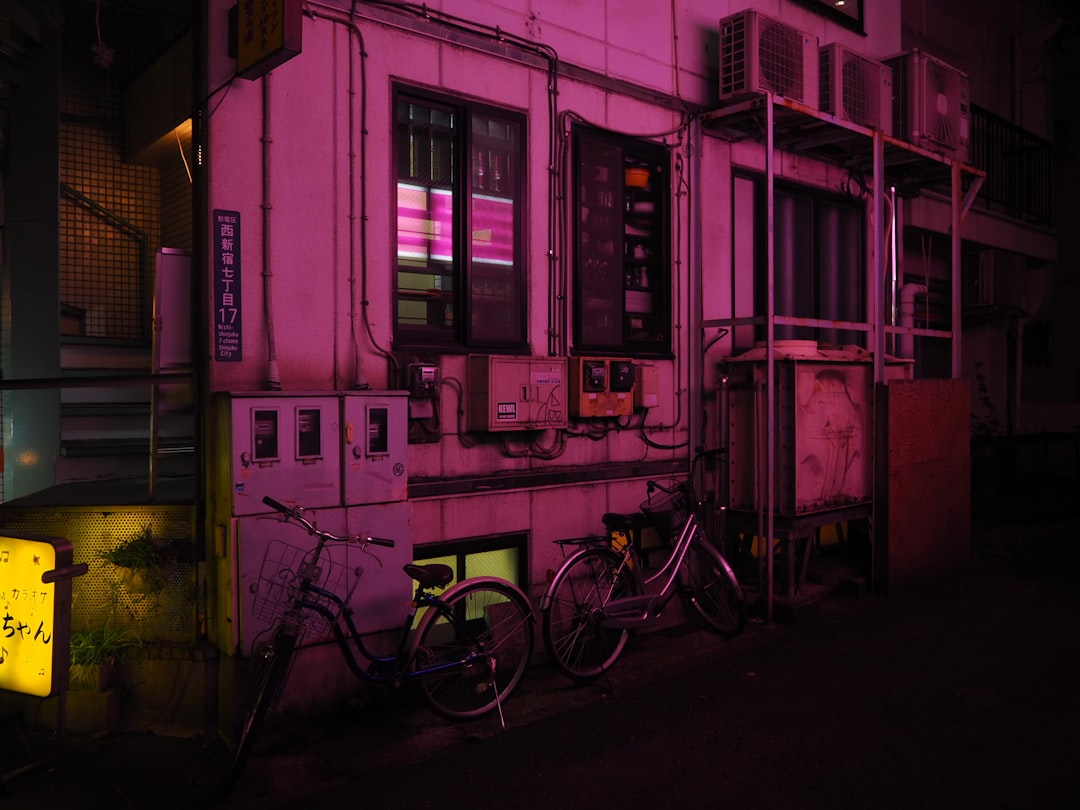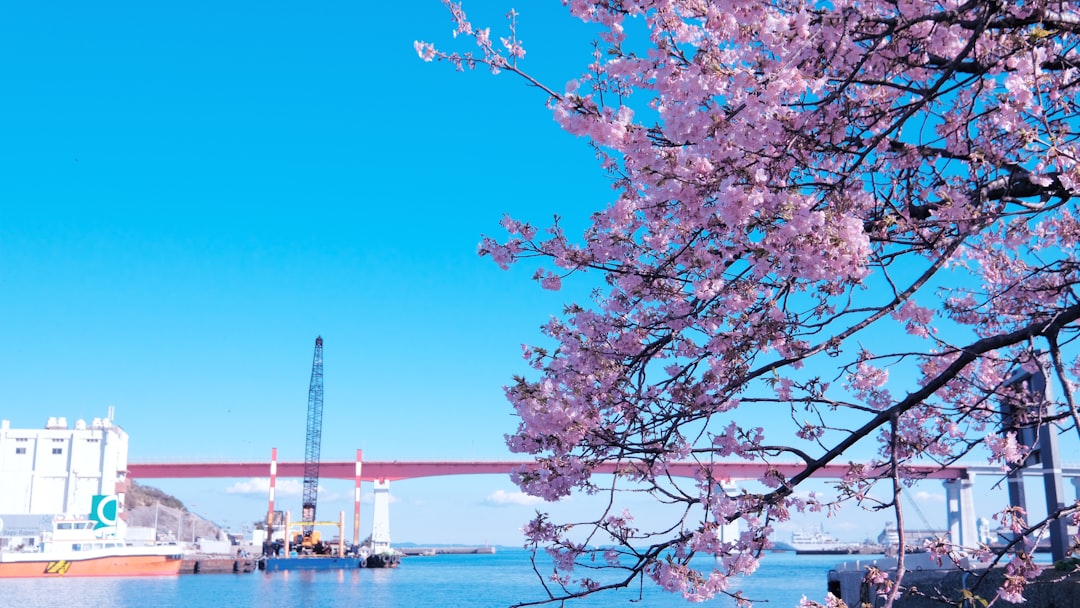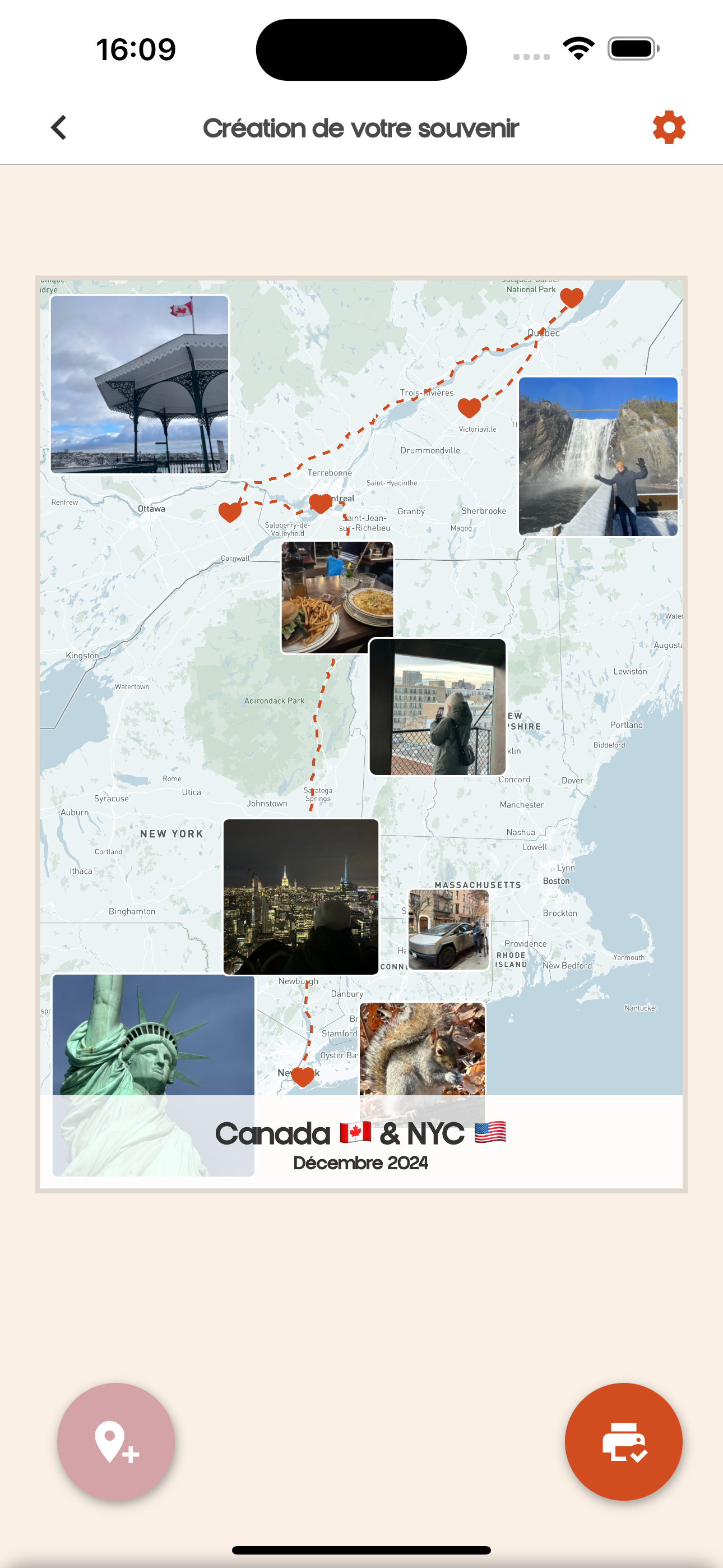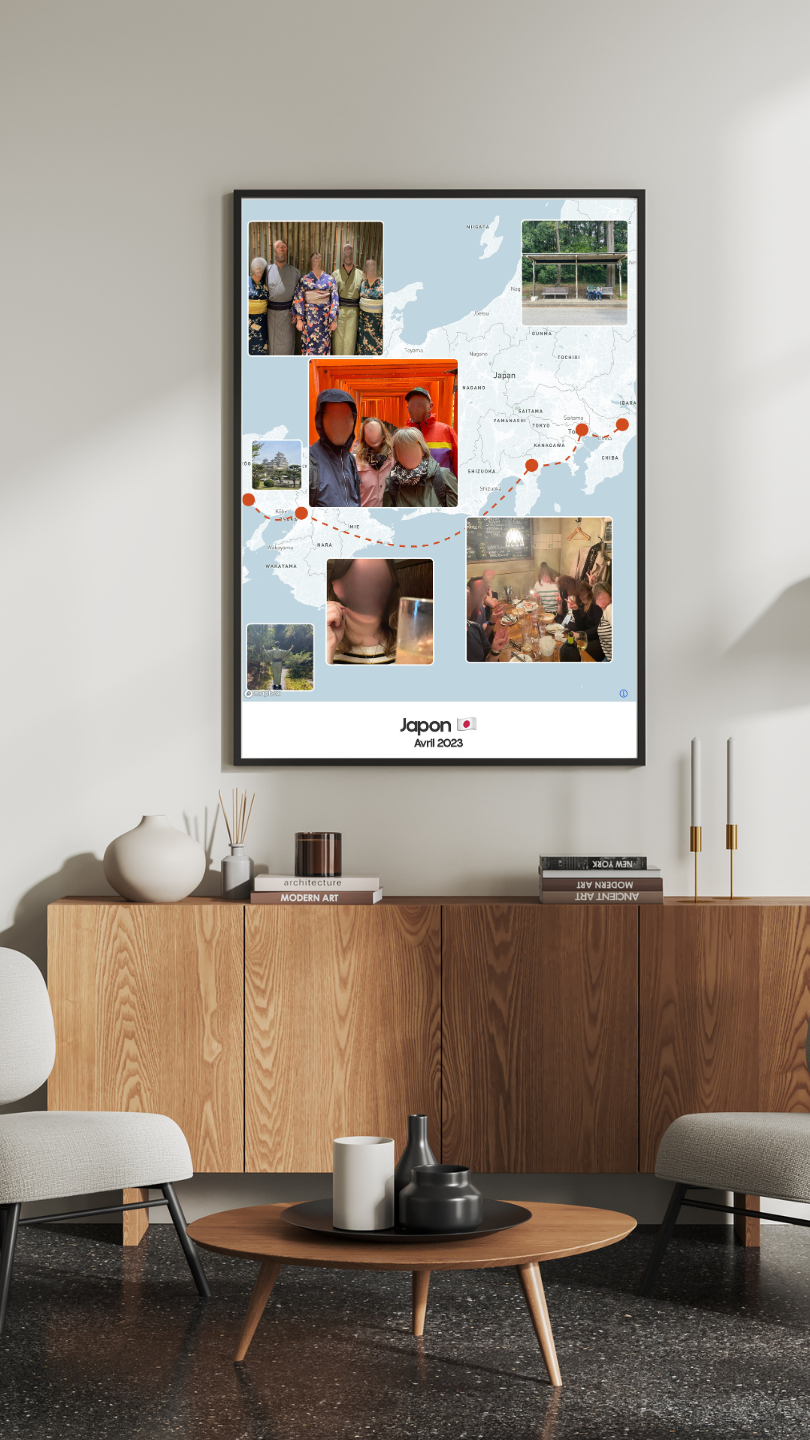Japan, a country of advanced technology and millennia-old tradition, offers unparalleled cultural riches. Between ancient temples, breathtaking natural landscapes, and vibrant metropolises, this country is a perfect destination for travel enthusiasts. In this article, we will explore the 15 must-see places to visit during your trip to Japan. Whether you're passionate about culture, history, or nature, there’s something for everyone. 🌏✨

Introduction - Get Ready to Discover 15 Must-See Places in Japan
Tokyo - Urban Madness in the 15 Must-See Places in Japan
Tokyo, the bustling capital of Japan, is a must-see on your visit. You can explore its many neighborhoods, each with its own personality. From the famous Shibuya, with its crowded pedestrian crossing, to the colorful Waseda streets, Tokyo embodies Japanese modernity. Don’t miss the Tokyo Tower for a stunning view of the city. 🏙️🏮
Kyoto - Tradition at the Heart of the 15 Must-See Places in Japan
Kyoto is the city of temples! With over 1,600 temples, Kyoto is a popular place for its history and architectural beauty. Visit the famous Kinkaku-ji (Golden Pavilion) and Kiyomizu-dera, which offers spectacular views of the city. Strolling through the Gion district is an unforgettable experience where you might encounter a geisha! 🌸🏯
Osaka - Gastronomy Among the 15 Must-See Places in Japan
Osaka is known as the gastronomic capital of Japan! Delicacies like takoyaki and okonomiyaki can be enjoyed on Dotonbori street, famous for its bright neon signs. Don’t forget to visit Osaka Castle, a historical centerpiece of the city. 🍜🍣
Hiroshima - A Symbol of Peace in the 15 Must-See Places in Japan
Hiroshima is a city marked by history. The Peace Memorial Park and the Hiroshima Museum offer powerful perspectives on the tragic events of 1945. Be sure to take a ferry to Miyajima, where the famous floating torii gate stands at Itsukushima Shrine. 🕊️👐
Nara - Nature and Culture Among the 15 Must-See Places in Japan
Nara, a prosperous city in the 8th century, is famous for its ancient temples like Todai-ji and its park filled with free-roaming deer. These animals, considered messengers of the gods, add a unique magic to this place. Nara is a great spot to dive into Japan's past. 🦌🌳
Hokkaido - Natural Beauty Among the 15 Must-See Places in Japan
Hokkaido, the large northern island, is a perfect place for nature lovers. In winter, ski resorts attract visitors from all over the world, while in summer, flower fields like those in Furano will enchant your senses. Enjoy the breathtaking landscapes and wildlife! ❄️🌷
Okinawa - Heavenly Beaches Among the 15 Must-See Places in Japan
Okinawa is the tropical archipelago of Japan, known for its beautiful beaches and marine wildlife. Dive into the ocean to discover colorful coral reefs or relax on fine sandy beaches. A combination of Japanese culture and local influences makes Okinawa a unique destination. 🏖️🐠
Hakone - A Glimpse of Mount Fuji Among the 15 Must-See Places in Japan
Hakone is famous for its onsen (hot springs) and stunning views of Mount Fuji. Enjoy a relaxing soak in an onsen while admiring the scenery. Also visit the Hakone Open-Air Museum, which features modern sculptures in an unparalleled natural setting. 🗻♨️
Kanazawa - Historical Charm Among the 15 Must-See Places in Japan
Kanazawa is less frequented than other major cities, yet it is rich in history and culture. Kenroku-en Garden, one of Japan’s three most beautiful gardens, and the samurai district of Nagamachi are must-visit places. Immerse yourself in the history of samurais and geishas. 🍂🏵️
Nikko - A Heritage Site Among the 15 Must-See Places in Japan
Nikko, a UNESCO World Heritage site, is famous for the Toshogu Shrine, dedicated to Tokugawa Ieyasu, the founder of the Edo shogunate. The area is dotted with ornate temples and breathtaking natural landscapes, including Kegon Falls, which are particularly enchanting. 🍃🕉️
Fukuoka - A Dynamic City Among the 15 Must-See Places in Japan
Fukuoka is a major port city known for its delicious street food, particularly Hakata ramen. Explore Ohori Park and discover local culture in the city’s many museums. Fukuoka perfectly combines modernity and tradition. 🍜🏞️
Conclusion - 15 Must-See Places in Japan: An Unforgettable Adventure
Visiting Japan is discovering a world where the past and the future meet. With these 15 must-see places, you’ll gain a fascinating insight into the culture, history, and natural beauty of the country. Each destination offers a unique experience that will leave a lasting impression. Pack your bags and get ready to discover the wonders of Japan! 🇯🇵✈️
FAQ - 15 Must-See Places in Japan
1. What are the best months to visit Japan?
The months of March to May and September to November are often considered the best times to visit Japan. In spring, cherry blossoms provide a magnificent spectacle, while in autumn, colorful foliage decorates the landscapes. Temperatures are pleasant during these periods, allowing for full enjoyment of various cultural and tourist activities. Summer can be hot and humid, and winter is cold, but it offers opportunities for skiing and snow festivals.
2. What is the best way to get around Japan?
Japan's transportation network is renowned for its punctuality and efficiency. The Japan Rail Pass is a popular option for tourists, allowing unlimited access to JR trains, including the Shinkansen (bullet trains). Subways and buses in cities are also very convenient. It's advisable to plan your routes in advance and download mobile transport apps to simplify your travels.
3. Are there specific traditions to respect when visiting temples?
Yes, it is important to respect certain traditions when visiting temples in Japan. Before entering a shrine, it is customary to purify your hands and mouth at a designated basin, called chozuya. In temples, it is preferable to speak softly and avoid loud behavior. Wear appropriate and respectful clothing, especially in sacred places. By being respectful, you enhance your immersion in Japanese culture.
4. What is a typical dish not to miss during a trip to Japan?
Sushi is undoubtedly the iconic dish of Japan. Other must-try dishes include ramen, tempura, and okonomiyaki. Every region of Japan has its specialties, such as Kobe beef in Osaka and seafood in Hokkaido. Be sure to try these culinary delights at local restaurants as well as at food markets for an authentic experience.
5. What are the basic politeness rules in Japan?
Politeness is essential in Japanese culture. During interactions, it is customary to bow slightly as a form of greeting. Use respectful terms and avoid pointing. When receiving something as a gift or service, it is polite to say “arigato gozaimasu.” Additionally, avoid talking too loudly in public and reserve private conversations for appropriate spaces.
6. What activities can be done during the ski season in Japan?
The ski season in Japan, particularly in destinations like Niseko in Hokkaido, offers significant opportunities for winter sports enthusiasts. Besides skiing and snowboarding, you can also enjoy hot springs after a day on the slopes. Snow festivals, such as the Sapporo Snow Festival, are also worth attending to admire impressive ice and snow sculptures.
7. Is it easy to find accommodation in Japan?
Yes, it is relatively easy to find accommodation options in Japan, ranging from luxury hotels to traditional inns (ryokan) and capsule hotels. It’s wise to book in advance, especially during peak periods or festivals. Many popular neighborhoods offer a variety of lodging options. Take time to read online reviews to choose what best suits your budget and preferences.
8. Are train travels really efficient in Japan?
Absolutely! The rail network is one of the most advanced in the world. Trains are not only punctual but also very clean and comfortable. The Shinkansen, or bullet trains, offer a fast and efficient way to travel between major cities. Consider purchasing the Japan Rail Pass for better value. It’s also enjoyable to take in panoramic views from the train windows!
9. What to do in case of an emergency in Japan?
In case of an emergency, the emergency numbers in Japan are 110 for police and 119 for fire and ambulance services. It is advisable to keep some essential information, like your hotel’s addresses and the locations of your country’s embassies or consulates. Rely on translation apps to facilitate communication if you do not speak Japanese. Managing emergencies is generally very effective in Japan.
10. What souvenirs should I bring back from Japan?
Japan offers a multitude of unique souvenirs to bring home. From traditional ceramics to silk clothing, and Japanese snacks, you’ll find many items to enrich your return. Omamori (protective charms) from shrines also make special gifts. Don’t forget to visit local shops to discover unique and authentic treasures!






